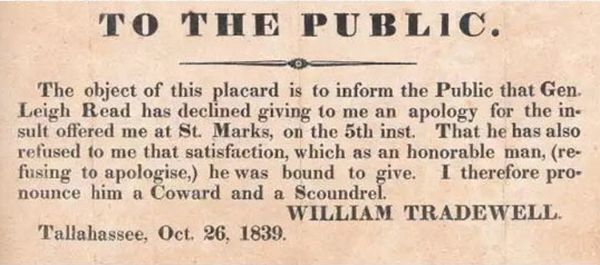Are “worldwide” “perpetual” rights really necessary?
Designer/developer Robert Nealan wrote a post questioning whether self-hosted blogging is dead. The piece is interesting as a commentary on the current state of blogging in general — a state that has changed a lot in the past decade or more, primarily due to the influences of outside social platforms, namely, Twitter, and more recently, as Robert notes and critiques, Medium.
The piece is a refreshing singing of praise for self-hosted blogs (like the one you’re reading). But another, no less important element of the post is an undercurrent shaped by a not-unjustified freak out of sorts over what third party platforms’ online terms of service say about their claim of rights in the users’ intellectual property. When we look to the terms of service for some of these platforms (and even more so if we actually think about what those terms say), we recognize that platforms quite often over-aggressively grab onto rights to do things with the content the user posts. So much depends on how these terms of service are written.
Lawyers can learn a lot from the commentary like that Robert Nealan has posted. As an object lesson and example, he takes issue with Svbtle’s terms, particularly the following:
Marketing. As a paid customer, you give Svbtle a perpetual world-wide license to use your company’s assets and logos, unless Svbtle agrees in writing otherwise. These assets and logos will be used purely for marketing and sales efforts, such as being displayed on the home page.
Good practice here would might consider adopting the ethos of certain “by design” concepts we see in the privacy and data security world. Think of “privacy by design” or “security by design” — the idea that a technology developer (e.g., someone building an app) should build the system in a way that it does not keep data around for longer than what is needed, and certainly for no longer than what the developer promises its users it will.
The same could be applied here — and it seems even simpler — for platforms to adopt principles establishing they will only exercise rights in relation to users’ intellectual property for only as long as they meaningfully need to do so. Let’s call it “Appropriate Rights by Design“. Words like “perpetual” and “world-wide” can be frightening. A platform hosting users’ content probably doesn’t need such extensive rights. If that’s the case, then the platform shouldn’t grab those rights. Those terms can be a red-herring. Robert Nealan took comfort in his piece in Medium’s terms which say that users of Medium “own the rights to the content [they] post on Medium,” and that Medium “[doesn’t claim ownership over any of it.” Funny thing is, a platform that grabs a world-wide, perpetual license could truthfully say the very same thing. So by not grabbing more rights than necessary, i.e., applying principles of Appropriate Rights by Design, platforms will avoid having users latch on to scary words unnecessarily. For as long as this happens, it’s likely users will continue to have anxiety about moving to a third-party hosted platform, and in the same way, keep a light shining on what’s good about self-hosted blogs and other platforms.
Evan Brown is a Chicago attorney advising enterprises on important aspects of technology law, including software development, technology and content licensing, and general privacy issues.
Photo courtesy Flickr user fady habib under this Creative Commons license.


